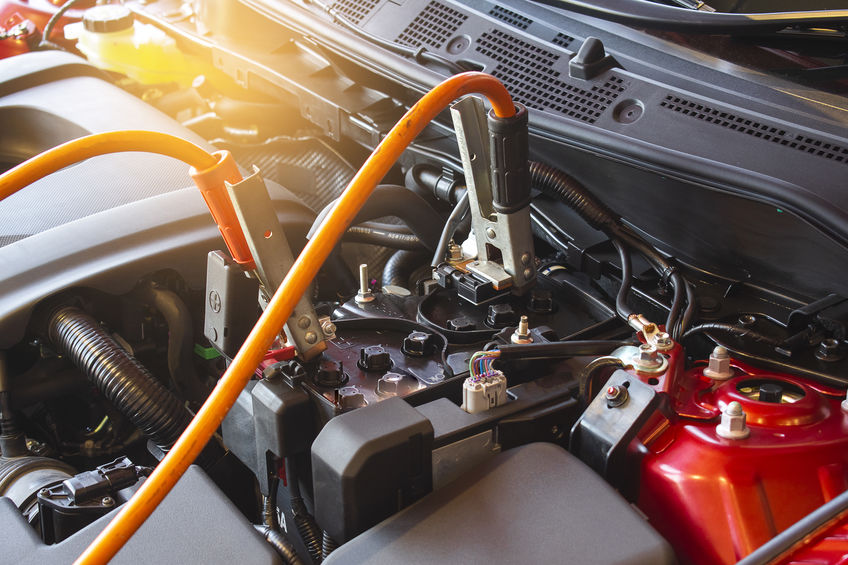Road safety and breakdown organisation GEM Motoring Assist says a few basic vehicle checks will help ensure you’re not left stranded at the roadside during the current spell of cold weather.
According to experts at GEM, cold weather slows everything down – including the chemical reactions that take place inside car batteries. When the temperature is at 0 degrees Celsius, a battery loses 35 per cent of its effectiveness, yet so much of the equipment on your car demands electricity – meaning it’s more important than ever to ensure your battery is ready to cope with the increased demands placed on it in cold weather.
GEM road safety officer Neil Worth says it pays to look after your car’s battery. “Cold weather also reduces the battery’s ability to hold its charge – meaning it’s potentially at its weakest when you’re likely to need it the most!
“Remember also that batteries don’t last for ever – in fact the average life of a battery is five years, so be ready to replace it when the times comes.”
Signs of battery trouble
If the engine won’t start, but you hear a slight noise from under the bonnet, the chances are your battery is flat.
If you hear nothing at all, it’s likely to be either a loose connection on the battery, or the battery is has no charge left at all.
If your car has remote central locking (via a button on the key fob), then this won’t work if the battery is flat.
What to do about it
If you have a second vehicle available – and a set of good quality jump leads – then it may be possible to jump start the car. Just remember to leave the engine of both vehicles running for several minutes after you’ve successfully started your car. Also, switch off both engines before removing the jump leads.
Neil Worth concludes: “As with all car maintenance issues, prevention is better than cure. So don’t risk being caught out in the cold. Take advantage of the free battery checks offered by many automotive centres, where you can ensure your battery is still charging properly and holding enough ‘juice’ to do its job.”





